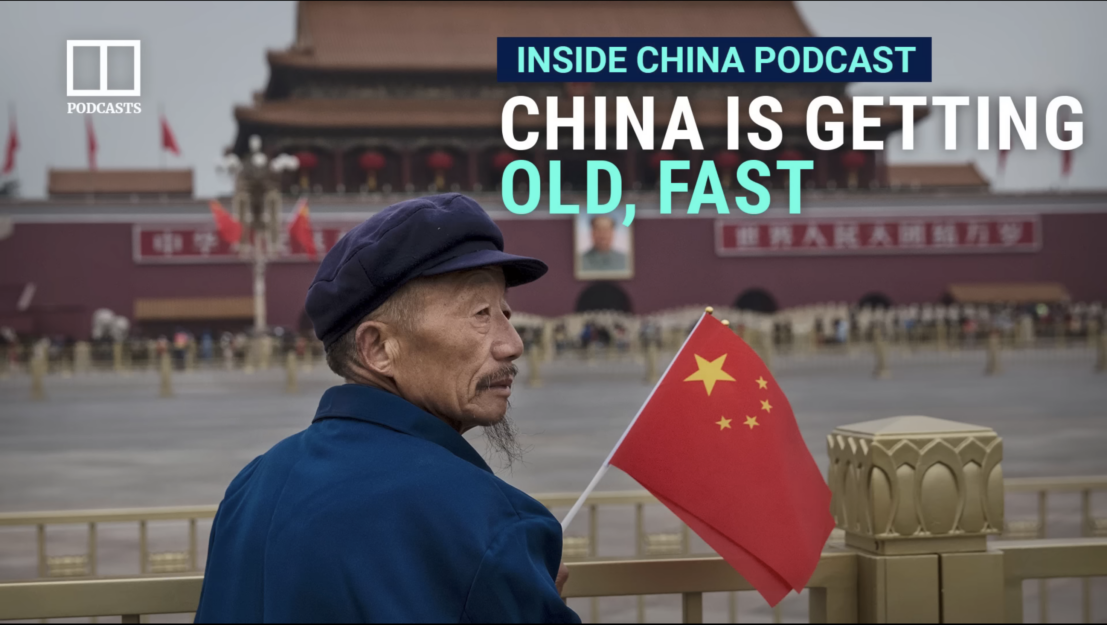In an interview with Inside China, a podcast by the South Morning China Post, Professor Winnie Yip discusses how the Chinese government is preparing to provide for and sustain its aging population in the near future.
Due to China’s increasing life expectancy, residual effects of the former one-child policy, and other factors—a large demographic shift is predicted to result in 400 million retirees living in China by 2035. This presents impending challenges that will be faced by the elderly, their families, and the Chinese government on how to provide and finance good quality eldercare.
Healthy and meaningful aging in China is one of Professor Yip’s primary areas of research and expertise. In her interview, she defines “healthy aging” as encompassing the physical, emotional, cognitive, and social health aspects of an individual. In providing care for an elderly person—whether it be in the institutional, community health, or home setting—Professor Yip emphasizes the importance of quality of care and fulfilling these four broad aspects.
“They might get care, but is it a good standard of care?”
In this conversation, Professor Yip shares her perspectives on the progress of establishing long-term care insurance in China, the prospects of the care-providing labor force, the potential role of technological assistance, and the value of end-of-life planning.
Resources
- Inside China episode, “China’s elderly are heading to retirement, here’s why that’s a problem,” is part of a five-episode podcast series, “China’s Demographic Revolution”. The audio is available here.

